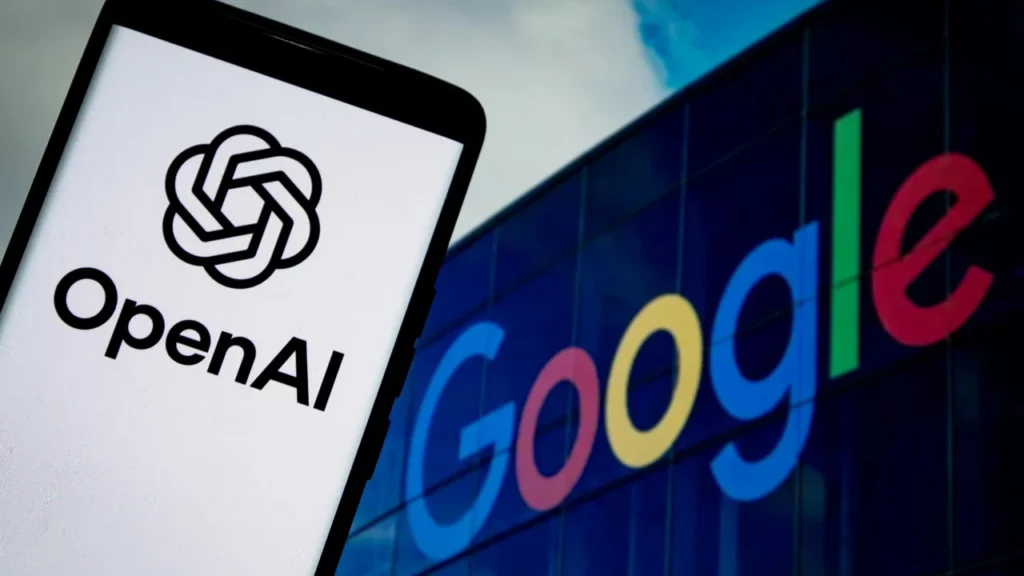OpenAI introduced a feature that let users share ChatGPT conversations as public, indexed links. Some users opted to tick “make this chat discoverable,” unaware Google would index their chats and show them in search results.
Users who clicked “Share” and chose the discoverable option found their conversations some containing deeply personal content appearing on Google. Fast Company uncovered over 4,500 such shared conversations, including sensitive topics like harassment, mental health struggles, and therapy‑style exchanges. Even though names weren’t shown, contextual clues could reveal identities.
OpenAI response
The company swiftly removed the sharing option once public concern grew. Dane Stuckey, OpenAI chief information security officer, confirmed via social post that the feature posed too many risks, even though it required active user consent and anonymisation. OpenAI also began de‑indexing existing shared content from search engines.
Users expected shared links to remain private or limited to friends not appear in global search results. Real privacy risks emerged because even anonymised text with enough detail can be traced back to individuals. Critics noted the rollout came in silence earlier this year, amplifying concerns about default assumptions and user understanding.
Bigger picture
This incident underscores the tension between sharing useful AI‑powered content and protecting user privacy. ChatGPT interface relies on clarity and explicit choices, but unexpected exposure highlights how easy it is for users to make irreversible decisions. Trust hinges on clear communication and guardrails, especially when conversations may contain sensitive personal details.
OpenAI quick rollback shows responsiveness. But the episode is a lesson: opt‑in sharing tools must come with strong warnings and safeguards. Users should treat any “public share” option with caution. And companies should be transparent about what gets indexed and what doesn’t.



















